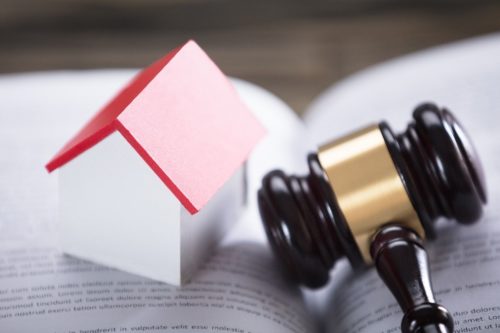- 18 Oct 2025

Navigating the complexities of divorce is no small feat, particularly when property division becomes a focal point. In NJ Divorce Lawyer, equitable distribution laws mandate a fair—but not necessarily equal—division of marital assets. Central to this process is the accurate appraisal of property. Whether it’s the family home, a business, or valuable personal belongings, precise valuations are pivotal to ensuring a just settlement. Without this foundation, disputes may escalate, and one party could be unfairly disadvantaged.
When dividing assets during a divorce, the court seeks to determine each party’s financial standing post-separation. This evaluation hinges on the accurate valuation of marital assets, a task requiring meticulous attention to detail and expert analysis. An imprecise appraisal can skew negotiations, often leading to prolonged disputes or imbalanced outcomes.
For instance, undervaluing a business or real estate property could result in one party receiving less than their rightful share, while overestimations could impose undue financial burdens. This underscores the necessity of professional appraisers who are well-versed in the nuances of property evaluation, particularly within the legal framework of New Jersey’s equitable distribution laws.
Given the stakes involved, enlisting the expertise of qualified appraisers is non-negotiable. These professionals bring an unbiased perspective, employing advanced methodologies to determine fair market value. For business valuations, forensic accountants may also be engaged to uncover hidden income or assets, ensuring transparency in financial disclosures.
Real estate appraisers, on the other hand, must possess a deep understanding of local market dynamics. In New Jersey, where property values can vary significantly from town to town, their regional knowledge is invaluable. Similarly, appraisers specializing in niche markets—such as luxury goods or rare collectibles—add credibility to valuations that might otherwise be contested.
The ramifications of inaccurate valuations extend beyond the immediate settlement. Misjudged asset values can lead to financial instability, tax complications, and lingering resentment between former spouses. For example, an overvaluation of a property could saddle one spouse with an asset that becomes a financial burden rather than a benefit.
Moreover, inaccurate appraisals can derail mediation or arbitration efforts, forcing parties into prolonged litigation. This not only escalates legal costs but also heightens emotional stress, prolonging an already challenging process.
Accurate valuations serve as a cornerstone for amicable resolutions. By establishing a clear and reliable understanding of the value of shared assets, parties can negotiate from an informed position. This clarity reduces the potential for misunderstandings and fosters a spirit of cooperation.
In New Jersey, where courts prioritize fairness over equal division, precise appraisals help ensure that settlements reflect the unique circumstances of each case. Whether one spouse contributed more to the acquisition of assets or played a supportive role in maintaining the household, accurate valuations provide the basis for a nuanced and equitable resolution.
In the labyrinthine process of divorce, few elements carry as much weight as the accurate valuation of marital property. In Hoffman Family Law equitable distribution system, these appraisals are more than a technical requirement—they are the bedrock of fairness and financial stability for both parties. By enlisting seasoned professionals and prioritizing precision, divorcing spouses can navigate property division with confidence, minimizing conflict and laying the groundwork for a stable post-divorce future.